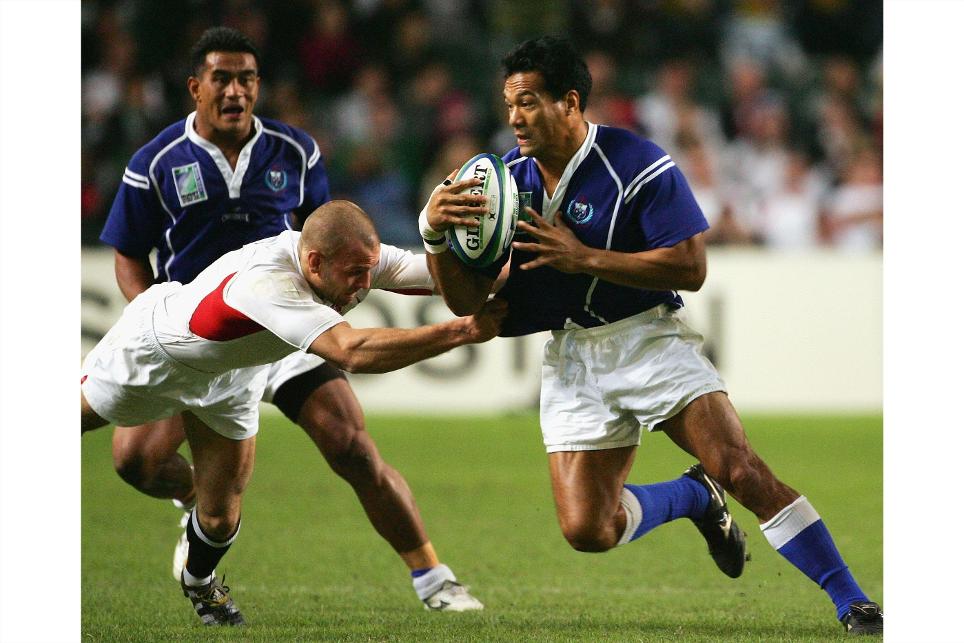How U.S. Video game companies are constructing equipment for China’s surveillance state
Share

Last October, software program developers at Riot Games in Santa Monica fielded an unusual request. Like other online game makers, Riot’s success depends on its potential to make compulsively playable video games, like its global hit “League of Legends.” But Tencent, the Chinese tech massive that owns Riot, needed a way to pressure some of its most enthusiastic customers to pay much less.
While it has owned a controlling stake in Riot because, in 2011, Tencent was generally arms-off with regards to the enterprise’s merchandise, dealing with growing pressure from Chinese kingdom media and regulators over its role in an intended epidemic of video game dependancy, Tencent wanted a way to tune how a great deal time character game enthusiasts in China spent gambling “League of Legends” — and kick out minors who passed two hours consistent with day. If Riot engineers didn’t supply an “anti-dependency system” for “League of Legends,” they may lose the right of entry to the Chinese marketplace altogether.
Within weeks, an update introduced these functions to the Chinese version of “League of Legends. Over the last year, one game company after another has quietly acceded to Chinese government demands to limit the amount of time young humans spend on their video games. Chinese gamers of American hits, which include “League of Legends,” “Fortnite,” and “World of Warcraft,” are tracking their playtime in keeping with their country-wide ID number. Those younger than 18 face heavy in-game consequences or outright expulsions if they play too long.
Although it’s Chinese policy driving the regulations, statistics privateness advocates say that for Americans to participate in introducing this equipment represents crossing a new threshold. They view the moves as a part of an intricate fashion of Western technology corporations remodeling their services to create China-pleasant versions aligned with the country’s tighter social controls. For American organizations, it simply comes down to figuring out whether or no longer you’re willing to participate in this kind of surveillance,” said Matt Erickson, govt director of the Digital Privacy Alliance. “If they do pick to participate, these companies are no longer unwitting but full-blown accomplices in the Chinese police kingdom.
Access to the arena’s second-largest marketplace is a powerful incentive, but supporting Chinese censorship and social manipulation efforts isn’t a choice for a few agencies. As Chinese giants buy up American tech corporations, from West Hollywood-based gay dating app Grindr to Motorola’s cell telephone enterprise, regulators question corporations’ autonomy and capacity to relinquish requests that might violate their ethical standards. Internal files from Riot Games acquired with The Times’ aid provide an extraordinary glimpse into how the Chinese authority’s physical games affect agencies past its borders.
Tencent is the arena’s largest game writer and owns large or controlling stakes in several enterprise-leading developers, including “Clash of Clans” maker Supercell and “Fortnite” developer Epic Games. Its self-advanced name, “Honor of Kings,” has become the arena’s highest-grossing cell sport of 2018. The game’s fulfillment made it a lightning rod for growing Chinese authorities’ gaming addiction issues amongst Chinese youth. It prompted Tencent to construct its first ID-tracking playtime limit device and pledge to contain similar systems on all its video games in 2019.
A digital presentation circulated through email amongst developers at Riot’s Santa Monica headquarters called for an “AAS [anti-addiction system] upgrade” for “League of Legends” in China. The presentation, authored in China, framed the request along with bills of growing Chinese government grievance of the gaming enterprise, professional media attacks on Tencent, and a stark reminder that “League of Legends” “cannot [be] loose from regulation.”The request exactly the want for functions tagging teenage gamers according to “future AAS regulation.
It also requested the potential to kick sure gamers from the sport at certain times and limit time-based in-recreation rewards. The presentation’s writer protected mock-u. S.A.Of “anti-dependency warning” pop-u. S.A.On League of Legends,” with messages telling gamers they had reached their day-by-day gaming limits or had been forbidden to play between precise hours (nine p.M. To 8 a.M.). It did now not take builders long to produce the asked capabilities. In a December 2018 post on the Chinese social media website QQ, Riot China introduced a replacement to “League of Legends,” which included most of the modifications.
When asked about the U.S.-based team of workers’ degree of involvement with the improvement of the ID-monitoring and playtime limit structures, Riot Games said in a statement, “Our lead engineers, primarily based in California, are aware of every characteristic that we create for ‘League of Legends.’ We develop marketplace-unique capabilities collaboratively, with representatives from our engineering groups around the arena.”















